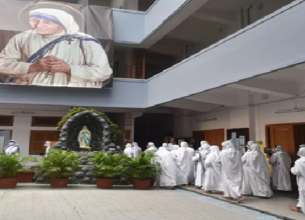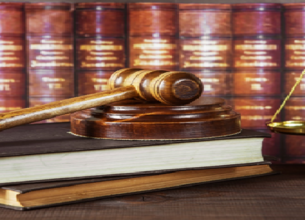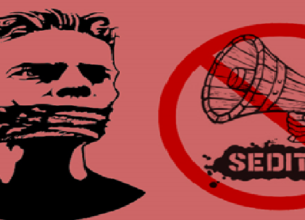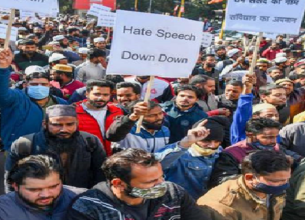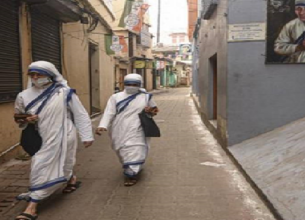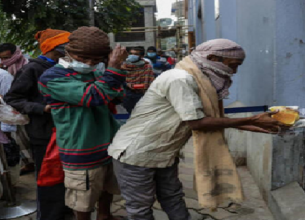SOCIAL MEDIA POSTING IS A FUNDAMENTAL RIGHT, RULES JUDICIARY
13, Jan 2020
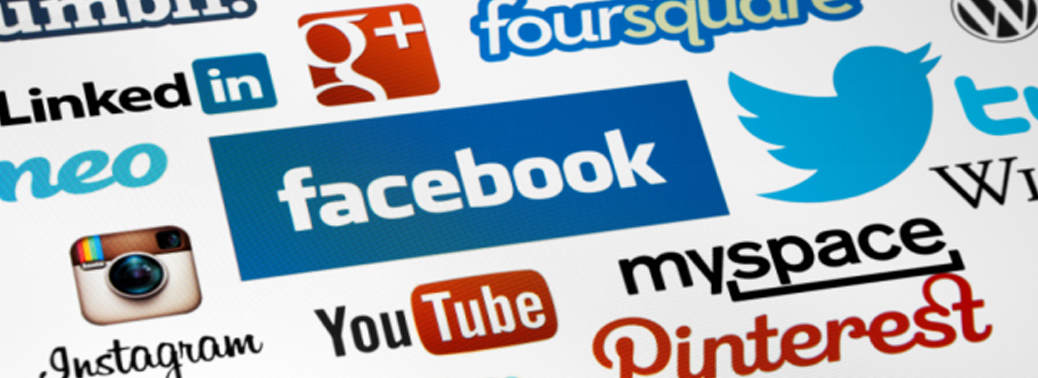
Prelims level : Rights Issues
Mains level : GS-II Indian Constitution- Historical Underpinnings, Evolution, Features, Amendments, significant provisions and Basic Structure.
Why in News?
- The High Court of Tripura ordered the police to refrain from prosecuting a man who was earlier arrested over a Social Media Post.
Court Rulings:
- The Chief Justice of Tripura High Court in his order broadly remarked that posting on social media was tantamount to a “fundamental right” applicable to all citizens, including government employees.
- In compliance with the court’s order, the police have now erased Sections 120(B) and 153(A) of the Indian Penal Code (IPC) from the relevant First Information Report (FIR) to quash the case.
What does Section 120(B) and 153(A) of The Indian Penal Code says?
1. Section 120[B] Punishment of Criminal Conspiracy:
- Whoever is a party to a criminal conspiracy to commit an offence shall be punishable with death, [imprisonment for life] or rigorous imprisonment for a term of two years or upwards.
- Whoever is a party to a criminal conspiracy other than a criminal conspiracy to commit an offence shall be punishable as aforesaid shall be punished with imprisonment of either description for a term not exceeding six months, or with fine or with both.
2. Section 153 [A]:
- The purpose of the Section 153 A is to punish persons who indulge in wanton vilification or attacks upon the religion, race, and place of birth, residence, language etc of any particular group or class or upon the founders and prophets of a religion.
How Social Media posting is a Fundamental Right?
- The Internet and Social Media has become a vital communications tool through which individuals can exercise their right of freedom of expression and exchange information and ideas.
- The UN Human Rights Committee has also tried to give practical application to freedom of opinion and expression in the radically altered media landscape, the centre stage of which is occupied by the internet and mobile communication.
- Describing new media as a global network to exchange ideas and opinions that does not necessarily rely on the traditional mass media, the Committee stated that the States should take all necessary steps to foster the independence of these new media and also ensure access to them.
- Moreover, Article 19 of the UDHR and Article 19(2) of the ICCPR also provides for freedom of speech and expression even in case of internet and social media.
- Thus, it is seen that freedom of speech and expression is recognized as a fundamental right in whatever medium it is exercised under the Constitution of India and other international documents.
- And in the light of the growing use of internet and social media as a medium of exercising this right, access to this medium has also been recognized as a fundamental human right.
- Right to freedom of speech and expression is subject to reasonable restrictions being imposed under Article 19(2).
- Out of the eight different grounds listed on Article 19(2) of the Constitution, the majority of hate speech laws are saved by the ‘public order’ exception. The eight different grounds are;
1. Security of the State.
2. Friendly relations with foreign States.
3. Public order.
4. Decency and morality.
5. Contempt of court.
6. Defamation
7. Incitement to an offence, and
8. Sovereignty and integrity of India.
- Reasonable restrictions on these grounds can be imposed only by a duly enacted law and not by Executive Action.
What are the other Concerns?
- Combating fake news is a growing narrative of the Technology Platforms like Facebook, Google, the news media, the government and an informed citizenry.
- Fake news affects free speech and informed choices of the subjects of the country, leading to the hijacking of democracy.
- The advent of social media has decentralized the creation and propagation of fake news.
- The sheer vastness of the internet (over 35 crore’susers in India) and social media users (an estimated over 20 crore WhatsApp users alone) makes tracing the origin of Fake News Almost Impossible.



